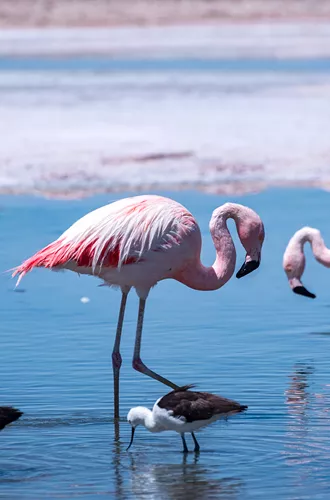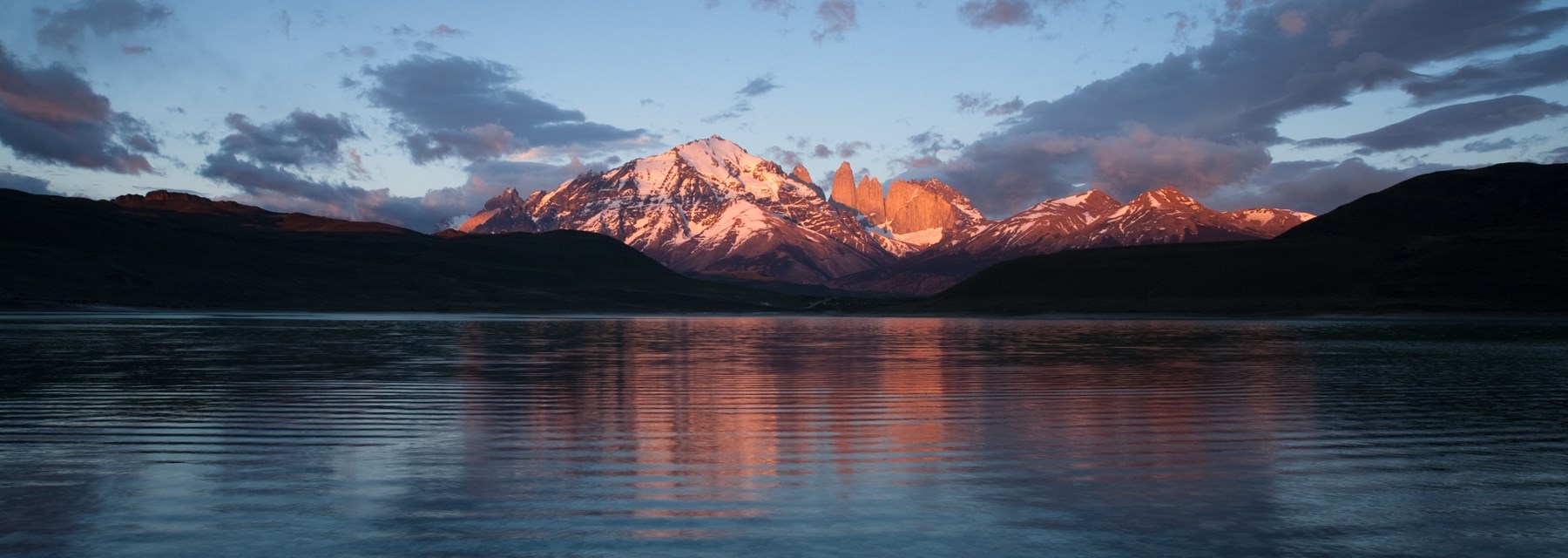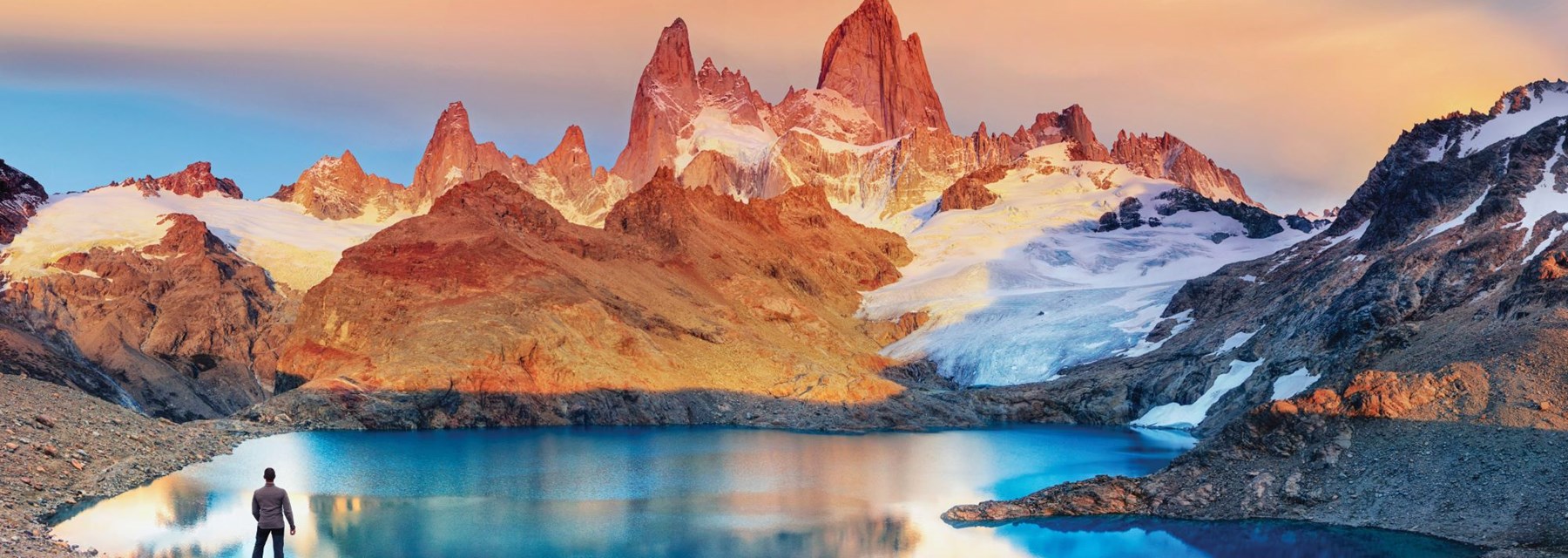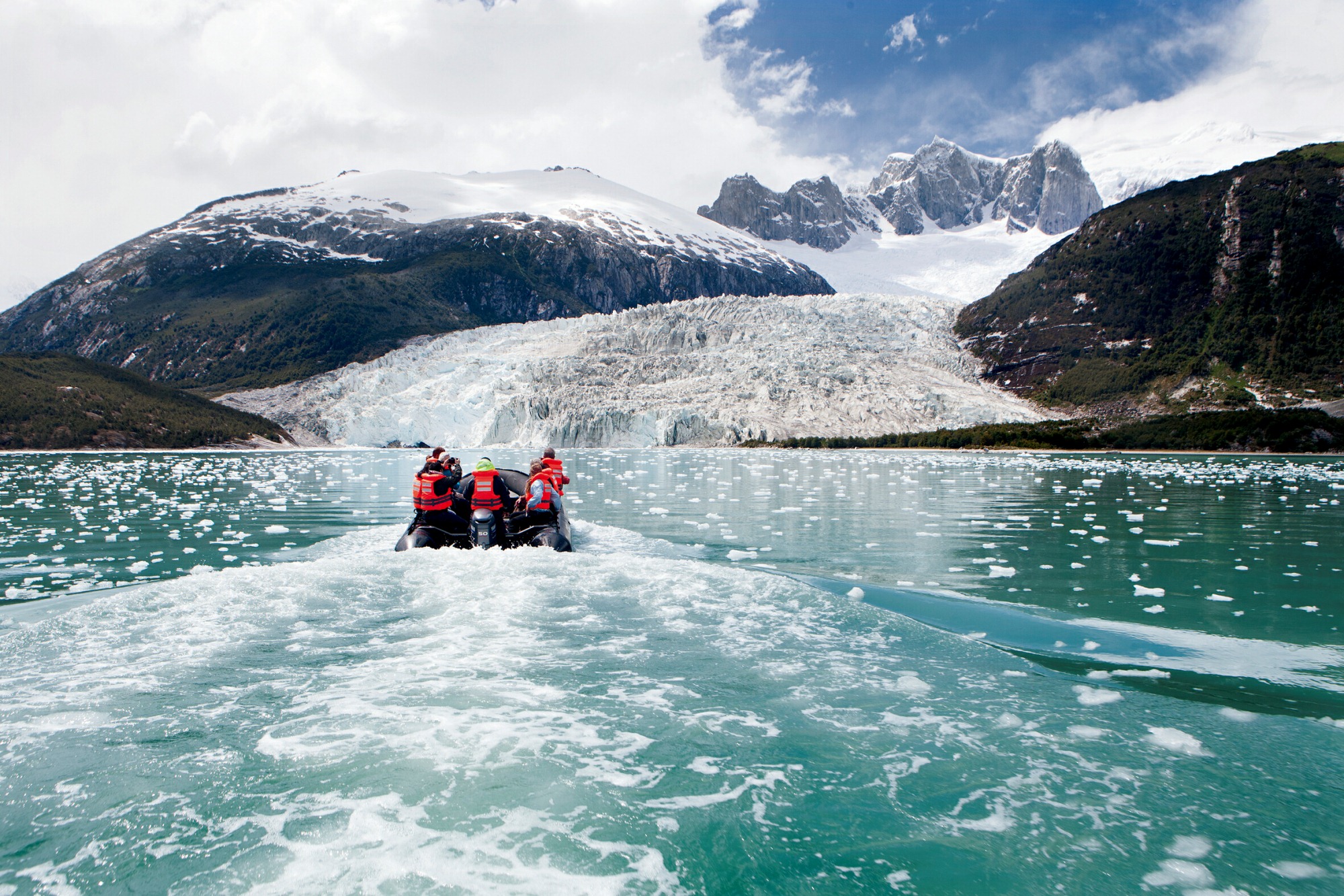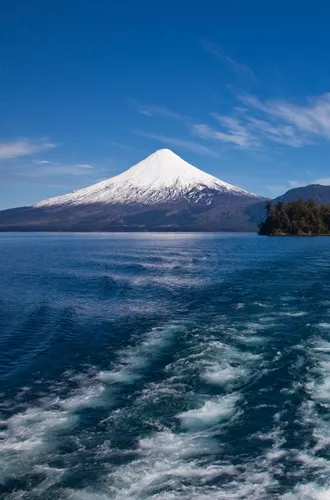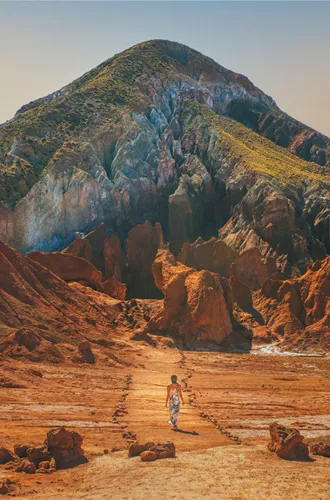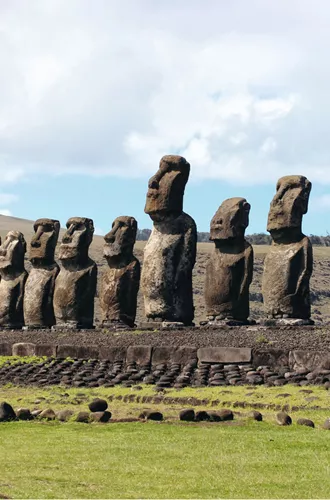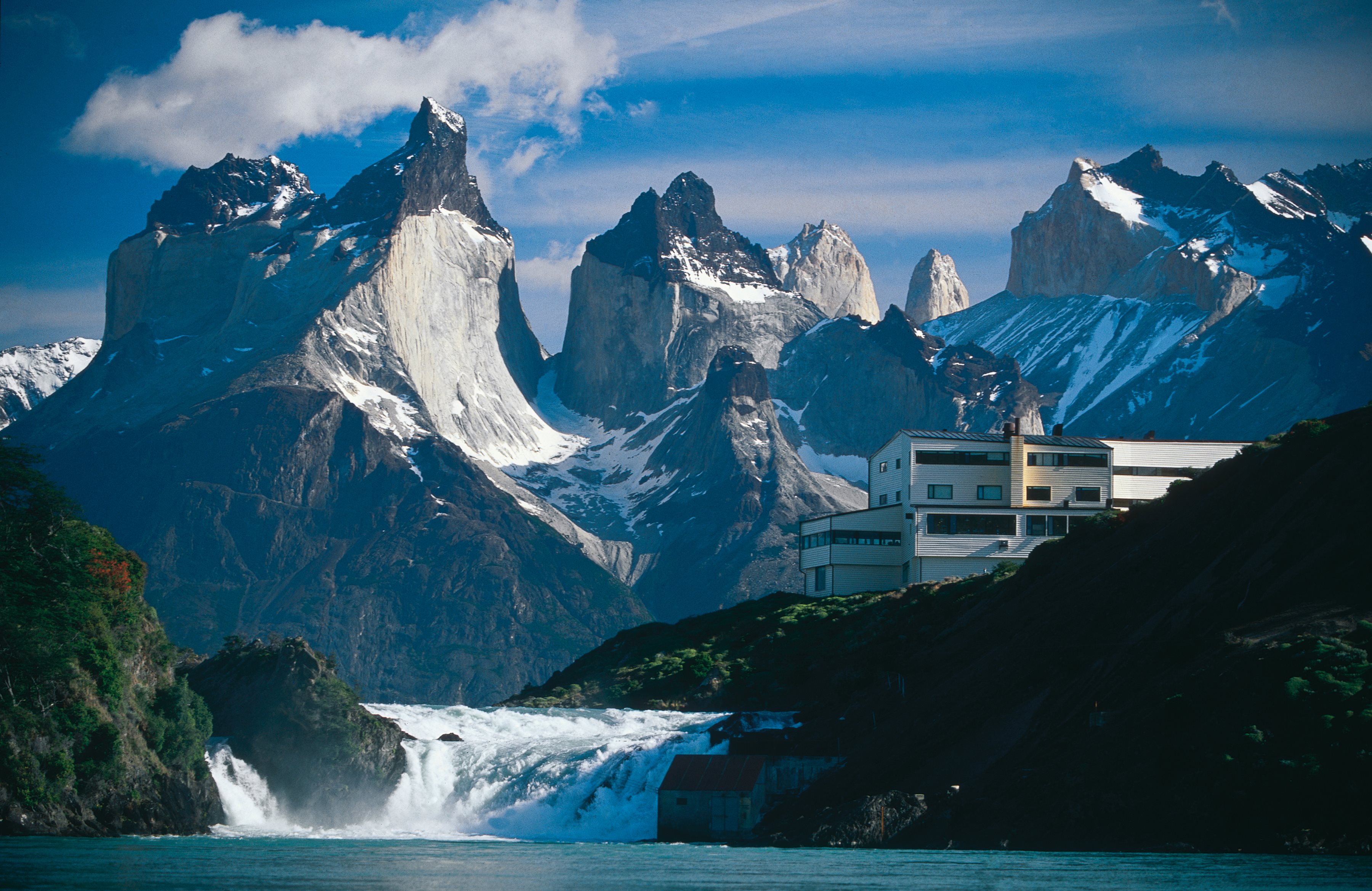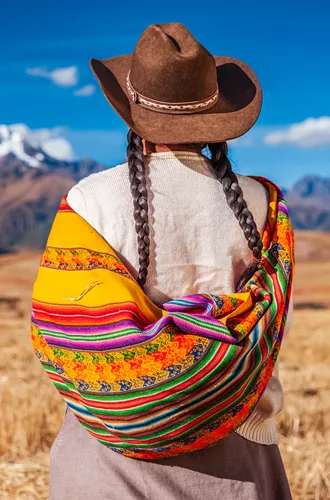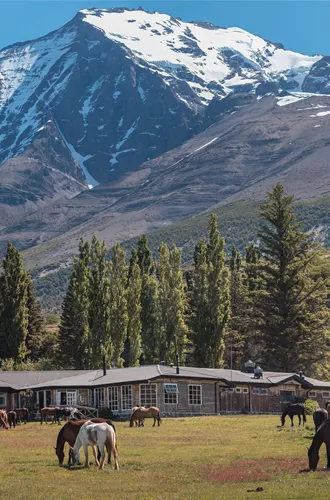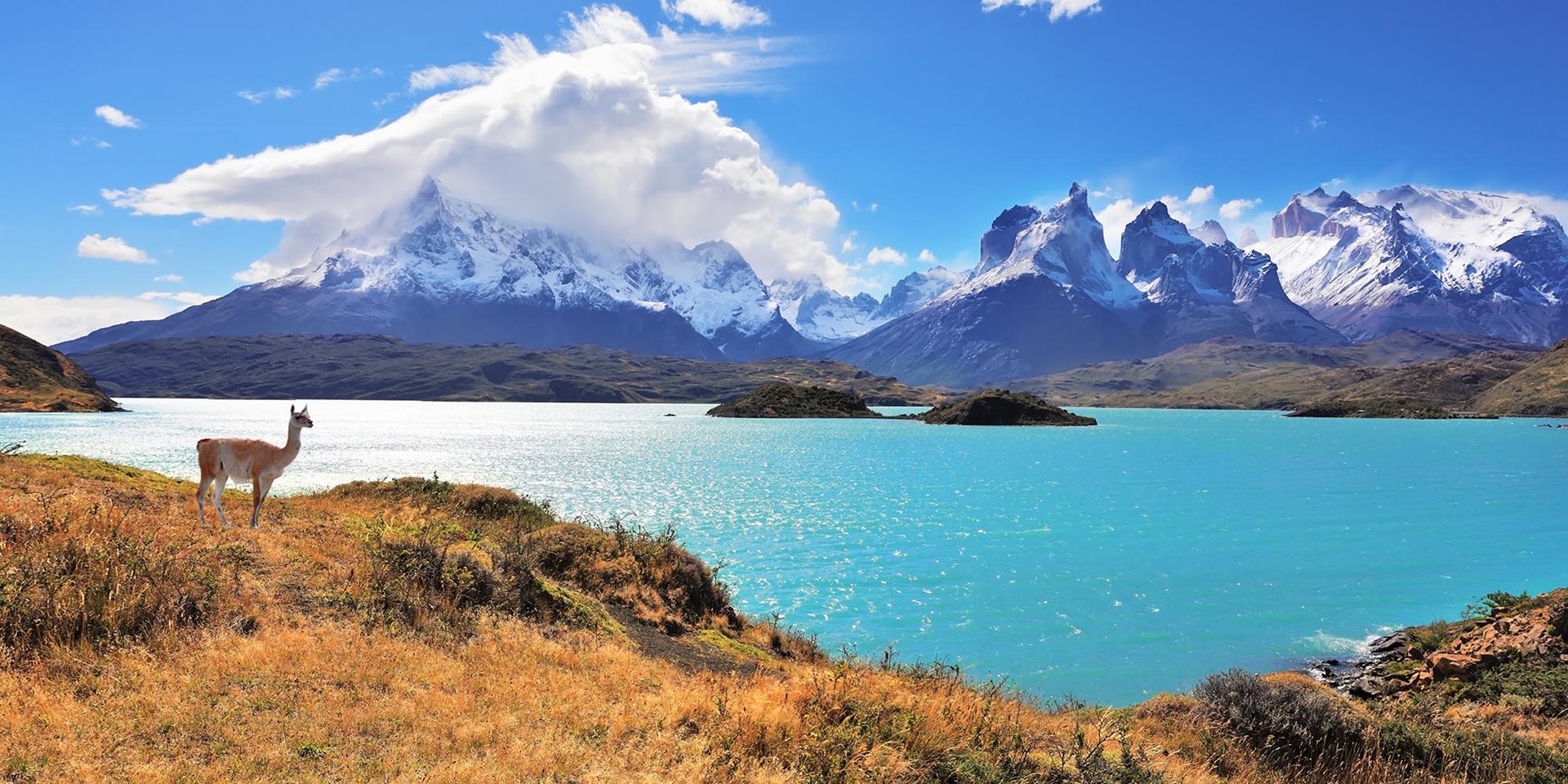Country Code for Country name: +56
Fire and rescue services: Call 133
Medical emergencies: Call 131
Police: Call 132
Australian Embassy, Santiago de Chile
Isidora Goyenechea 3621, 13th Floor, Las Condes, Santiago de Chile Phone: (+56 2) 2550 3500
Email: consular.santiago@dfat.gov.au
Website: chile.embassy.gov.au
New Zealand Embassy Santiago, Chile
Isidora Goyenechea 3000, 12th Floor, Las Condes, Santiago, Chile
Telephone: +56 2 2616 3000
Email: embajada@nzembassy.cl
Website: www.mfat.govt.nz/chile
For further information, please visit:
Chile Travel Advice & Safety | Smartraveller (Australia)
Chile (New Zealand)


